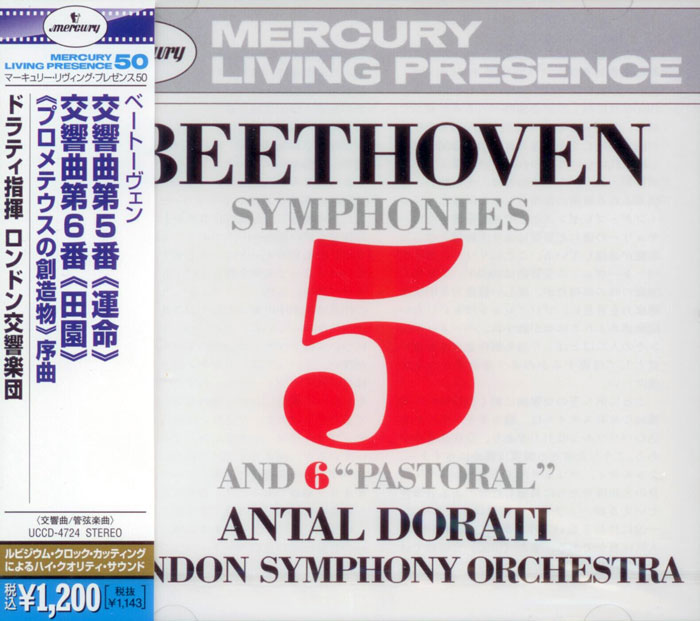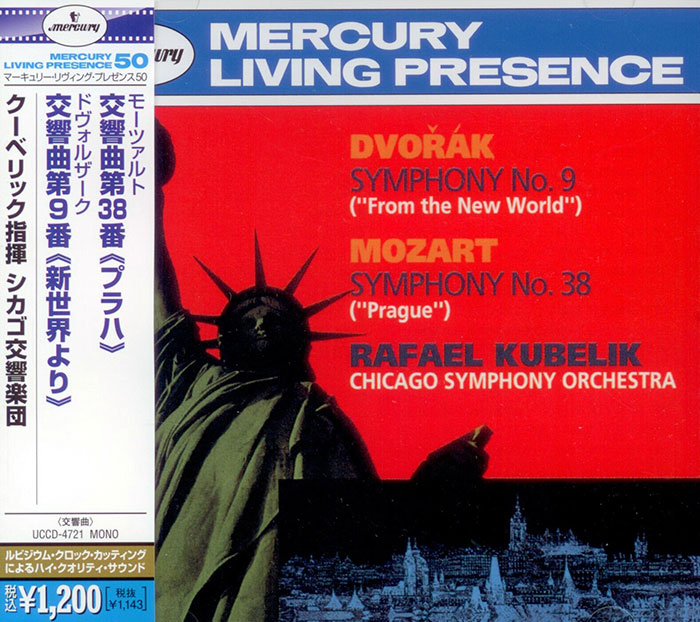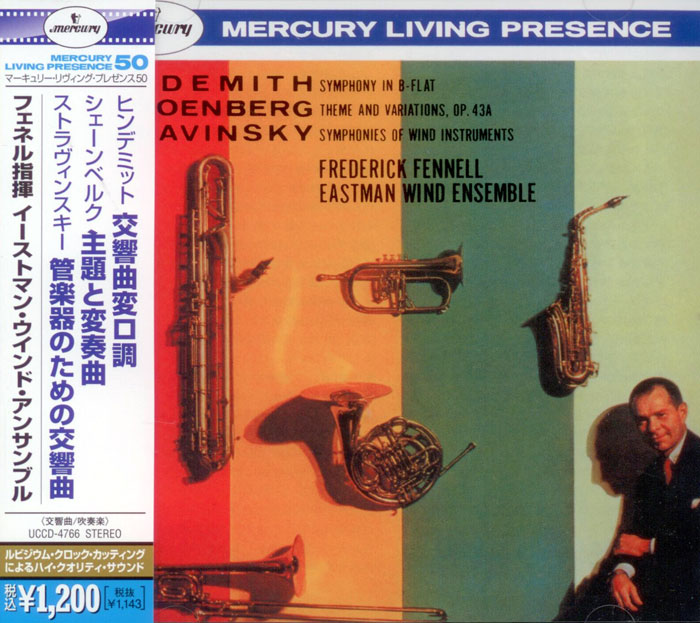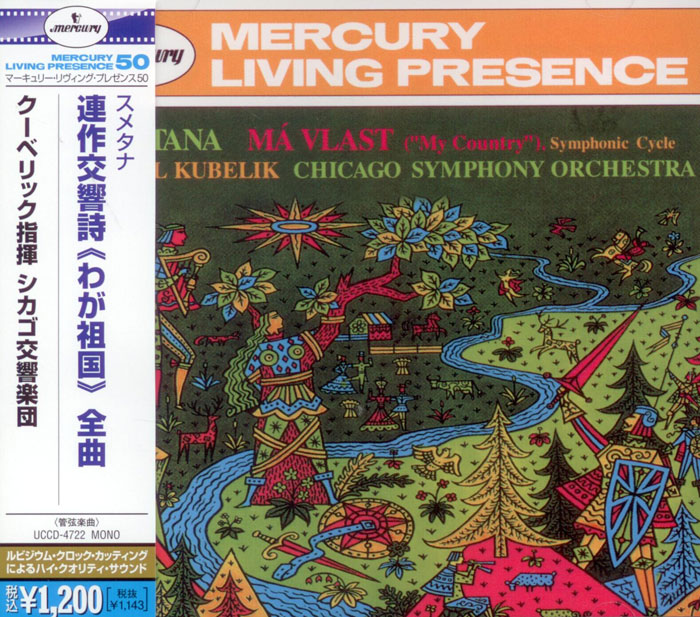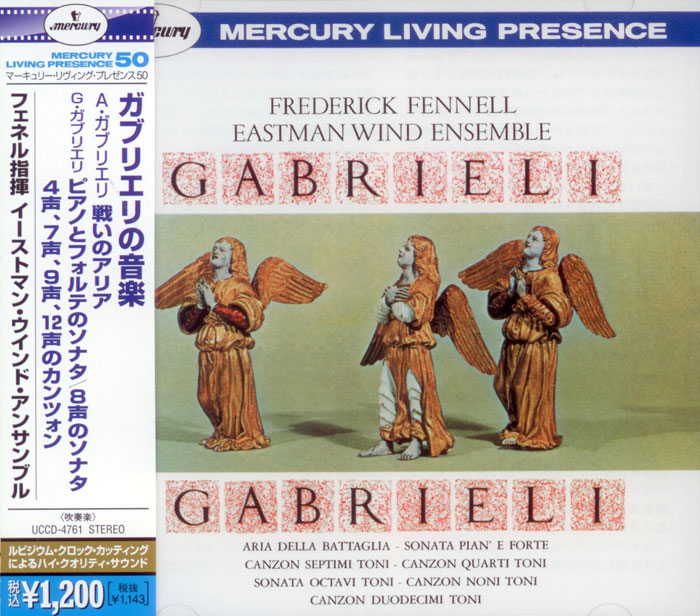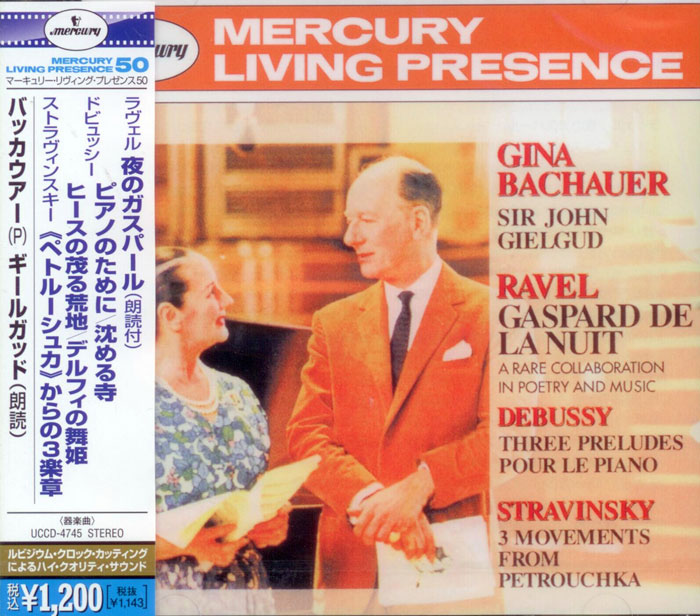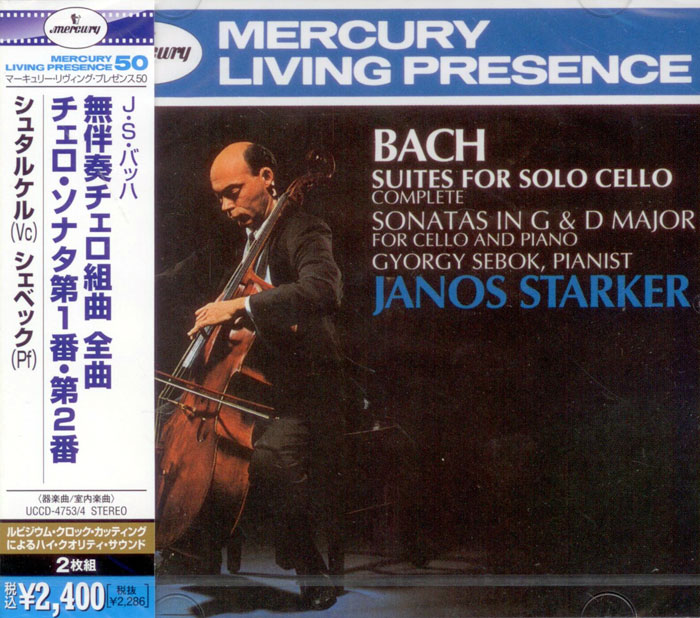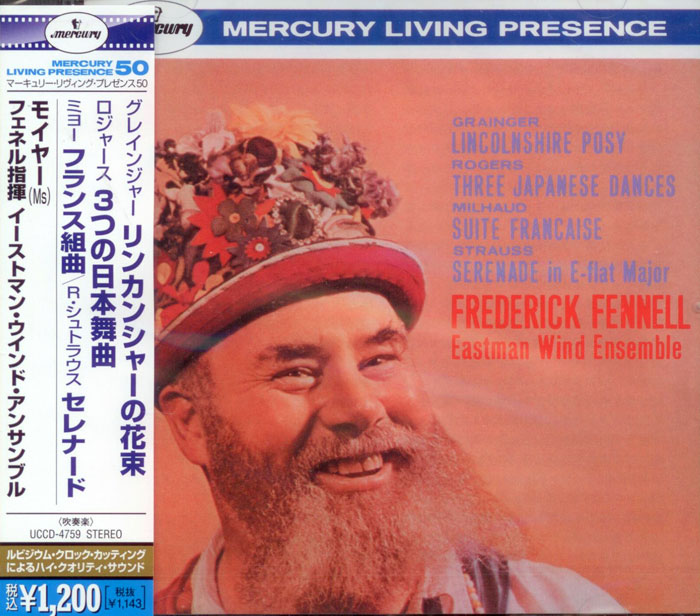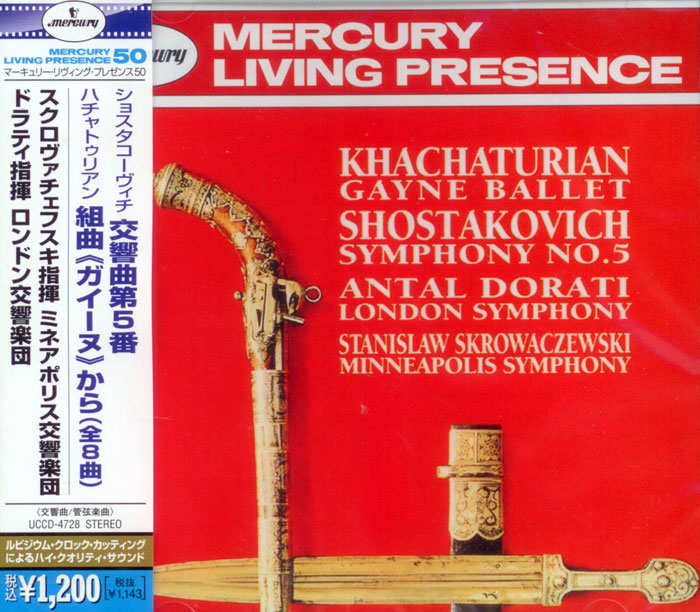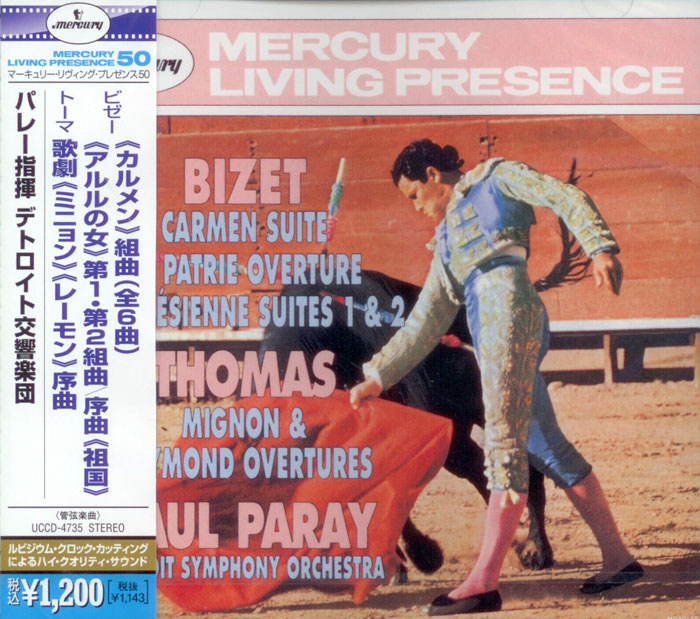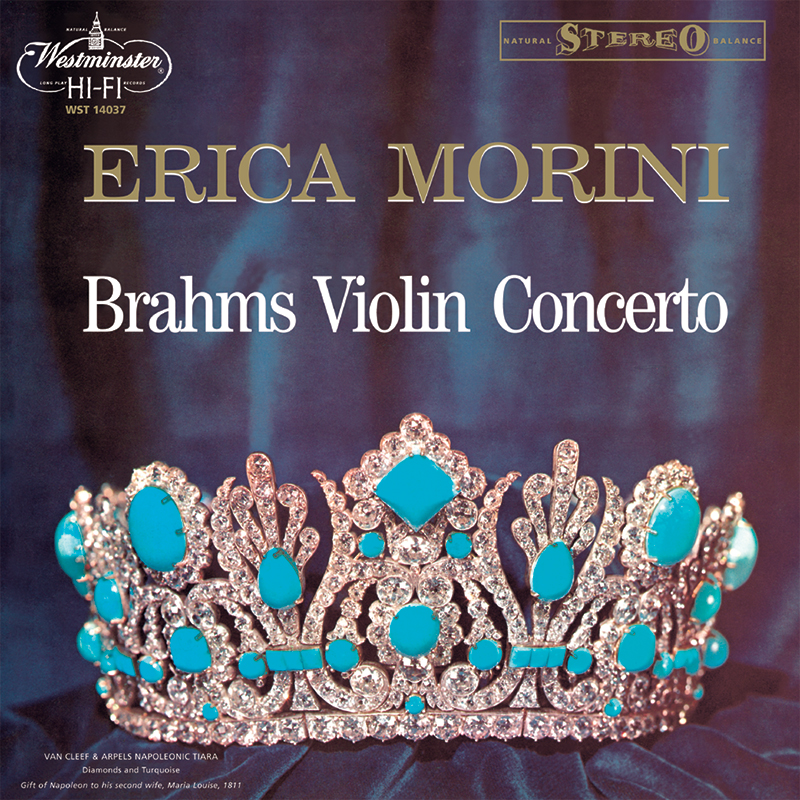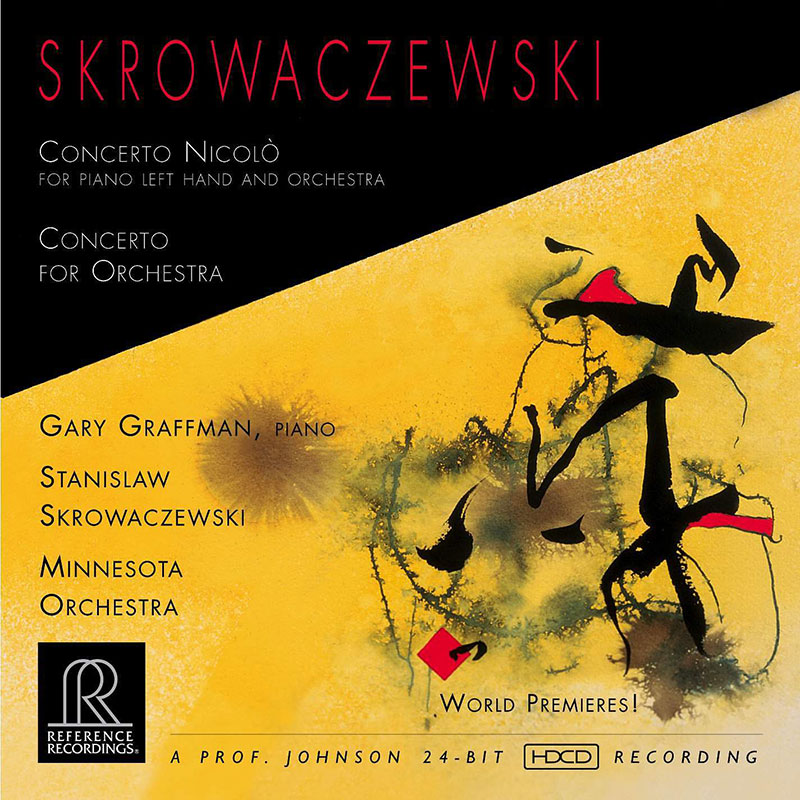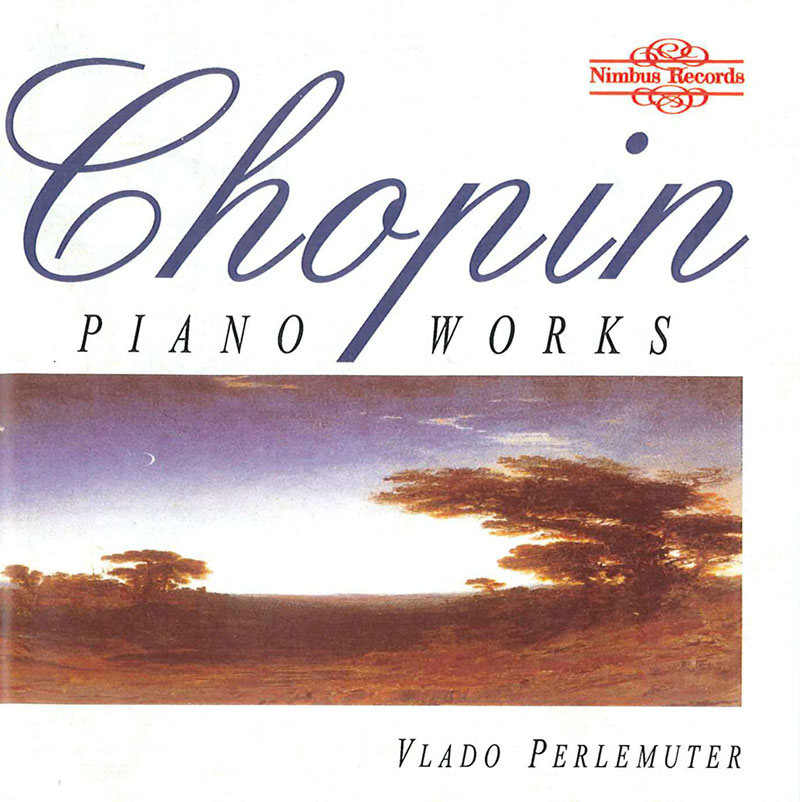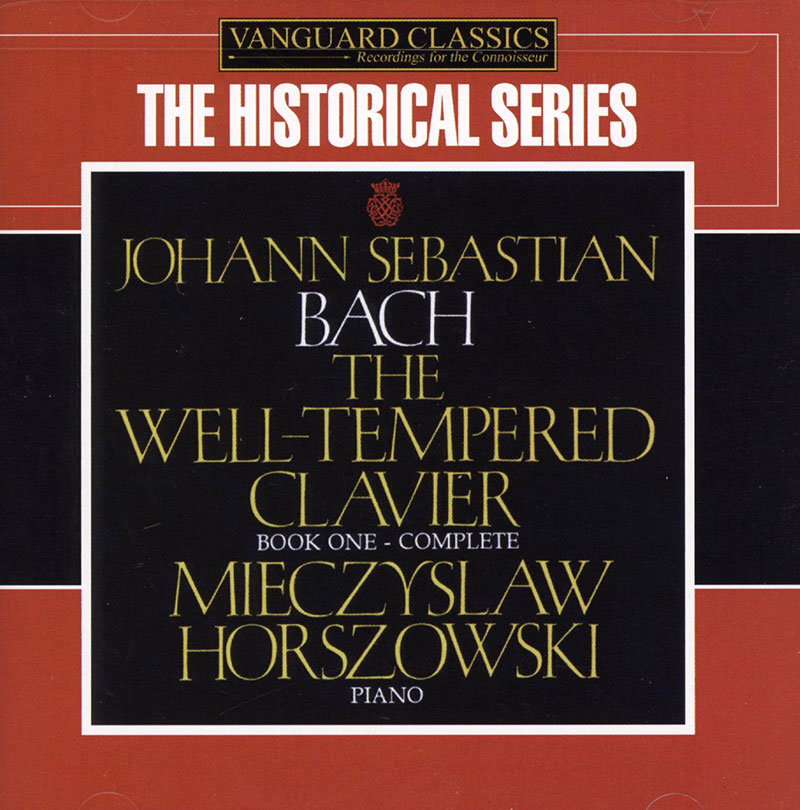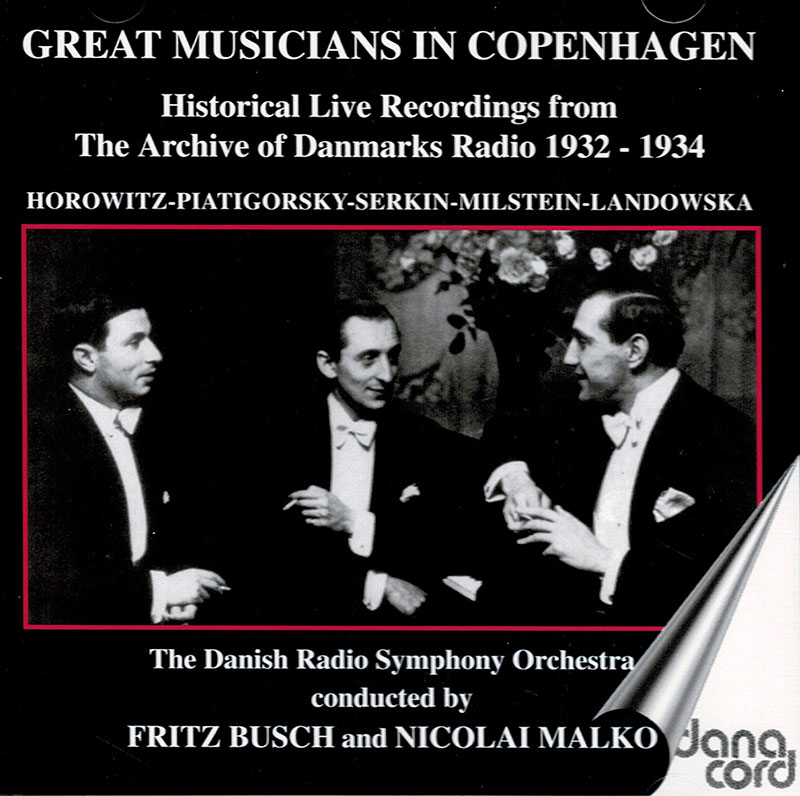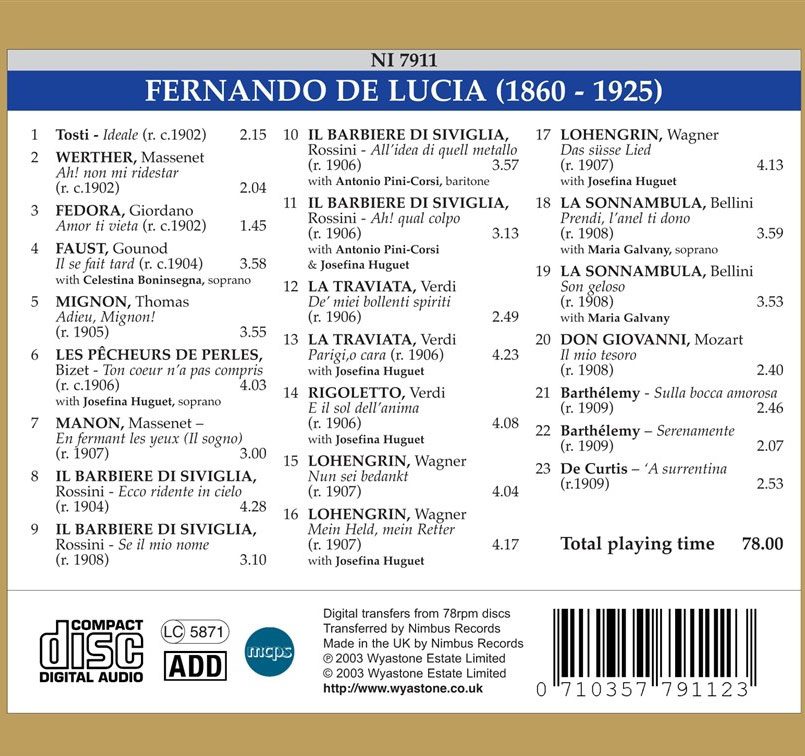Logowanie
Dlaczego wszystkjie inne nie brzmią tak jak te?
Chai Lang, Fan Tao, Broadcasting Chinese Orchestra
Illusive Butterfly
Butterly - motyl - to sekret i tajemnica muzyki chińskiej.
Brzmią jak sen na jawie
KHACHATURIAN, SHOSTAKOVICH, Antal Dorati, Stanislaw Skrowaczewski, The London Symphony Orchestra
Gayne / Symphony No. 5 in D minor, Op. 47
Stanisław Skrowaczewski,
Winylowy niezbędnik
ClearAudio
Cartridge Alignment Gauge - uniwersalny przyrząd do ustawiania geometrii wkładki i ramienia
Jedyny na rynku, tak wszechstronny i właściwy do każdego typu gramofonu!
ClearAudio
Harmo-nicer - nie tylko mata gramofonowa
Najlepsze rozwiązania leżą tuż obok
IDEALNA MATA ANTYPOŚLIZGOWA I ANTYWIBRACYJNA.
Osobowości
SKROWACZEWSKI, Stanislaw Skrowaczewski, Minnesota Orchestra
Concerto Nicolo for piano left hand and orchestra
WORLD PREMIERE!
MASSENET, GIORDANO, ROSSINI, VERDI, WAGNER, Fernando de Lucia
Fernando de Lucia
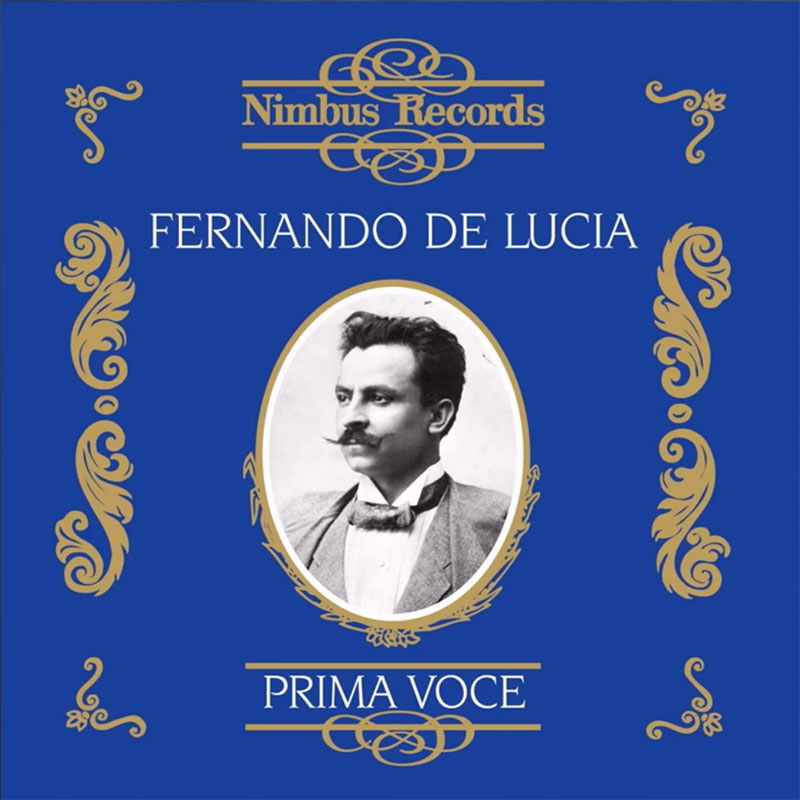
- Fernando de Lucia - tenor
- MASSENET
- GIORDANO
- ROSSINI
- VERDI
- WAGNER
To devotees of vocal art, and in particular to those collectors of recordings of artists active in the last years of the 19th and early decades of the 20th centuries the name of Fernando De Lucia has epitomised what has generally become accepted as the ‘Bel Canto’ style. The selections chosen for this Compact Disc are sung in Italian, and show him in a number of roles he sang with distinction. Allowing for the downwards transposing of some items by a half tone, (or in one or two cases a whole tone), and the occasional open vowels to facilitate a penetrating tone, he demonstrates a remarkable ability to create effects that make the hearing of familiar arias, duet and songs seem entirely fresh. Reviews "Throughout the history of composers writing instructions into the score to instruct or aid the singer towards the intended objective there have been many singers who have fallen short. Fernando De Lucia, is almost unique amongst tenors of the turn of the 19th/20th century to master this interpative essential in bringing to life rolls such as Almaviva in Barbierie He has a woderful feeling for this music and has an intuitive sence of when to soften, when to add an ornament,and how to join one phrase to another .Do not look for these in the score however! The four excerpts from Barbierie on this disc are of immense value to any student of opera where Antonio Pini-Corsi and Josefina Huguet add comedy and sparkle together with De Lucia's magic makes this a memorable experience. The Lohengrin excerpts show De Lucia versatillity and confirm his complete command of line and phrase, again he is aided by Josefina Huguet in three duets ( note to myself;'must seek more of this soprano'] De Lucia and Battistini come from the pre 1900 crop of singers who were trained in the vocal styles that prevailed at the time and can trace their style of singing back to Rubini and others. The journey to the modern opera singer must include De Lucia who greatly infuenced Caruso who in turn influenced almost every tenor since! This cd is of great value to anyone with an intrest in great singing or the history of opera,it also reafirms belief that humanity is fundamentally good, if you look in the right places!." - Anonymou "Only a few tenors could seriously rival Caruso once he had achieved fame in the early 1900's; Bonci was one and Fernando De Lucia was another. Indeed, the latter outlived Caruso by four years and despite not being a friend, as a fellow Neapolitan he sang at Caruso's funeral in Naples in 1921. The greatest obstacle to a modern listener appreciating De Lucia's art is an objection to the rapid vibrato which was more common to the generation of singers before Caruso but surfaced with later singers such as Supervia. Otherwise, there is much to savour in this elegant tenor's artistry: his perfect command of the "messa di voce", the honied mezza voce, the pianissimo high notes and the seamless legato which was the sine qua non of bel canto before different criteria more suited to the demands of verismo singing prevailed. All of the recordings here were made within a seven year period when the tenor was in his forties and at his peak; he is variously accompanied by an assortment of similarly esteemed singers whose vocal lay-out matched his own - although I admit to being unfamiliar with Josephine Huguet, the soprano who features most often here. De Lucia is capable of delivering the most meltingly voiced long phrases, such as those which open "Adieu, Mignon!"; for the best of his recordings I would refer the tyro to his still unsurpassed accounts of Almaviva's arias from "Il barbiere" and the perfumed delicacy of his arias from Massenet's most celebrated operas. The beauty of his vocalisation in the opening of the Bizet aria is unearthly in its floated refinement - listen to the poised falsetto B flat at 1' 23" - yet he was capable of stepping up to the slightly heavier repertoire of Verdi heroes such as Alfredo and the Duke and even the lighter Wagner roles such as Lohengrin. It is the Wagnerian recordings by such as De Lucia, Emma Eames and Emilio de Gogorza which remind us that Wagner's more lyrical music responds magically to the treatment of singers schooled in 19th Century vocal techniques as long as they have sufficient tonal resonance. De Lucia's freedom with tempi in Rossini and Donizetti is an indulgence we must allow him when he sings with such beauty and sensitivity, and although I doubt whether any modern conductor would tolerate such liberties I cannot fault his taste in his application of rubato when the results are so seductive. His scale work is a filigree marvel and his divisions flawless. Many of the recordings here are accompanied by piano rather than the blatty orchestra which became the norm and this is by no means unsuitable to the subtlety of his style. The sound is tolerable for acoustic recordings made so early and we can easily hear what is what about his singing which enchanted his audiences. The orchestra and chorus in the "Lohengrin" items are barely audible but necessary where a piano simply would and could not do. Everything is sung in Italian - the pressure to perform in the original language clearly wasn't operative during his career - and that is clearly helpful to his sustaining open vowels and the famous legato. De Lucia is in many ways a tenor counterpart to his celebrated baritone counterpart Mattia Battistini, another "old-fashioned" singer who is a byword for elegance. This Prima Voce anthology is as good and representative a sample of De Lucia's art as any collector could wish and has intrinsic interest as a paradigm of a performing idiom which, for better or worse, was soon to be superseded by an earthier, more visceral style of singing." - Ralph Moore






